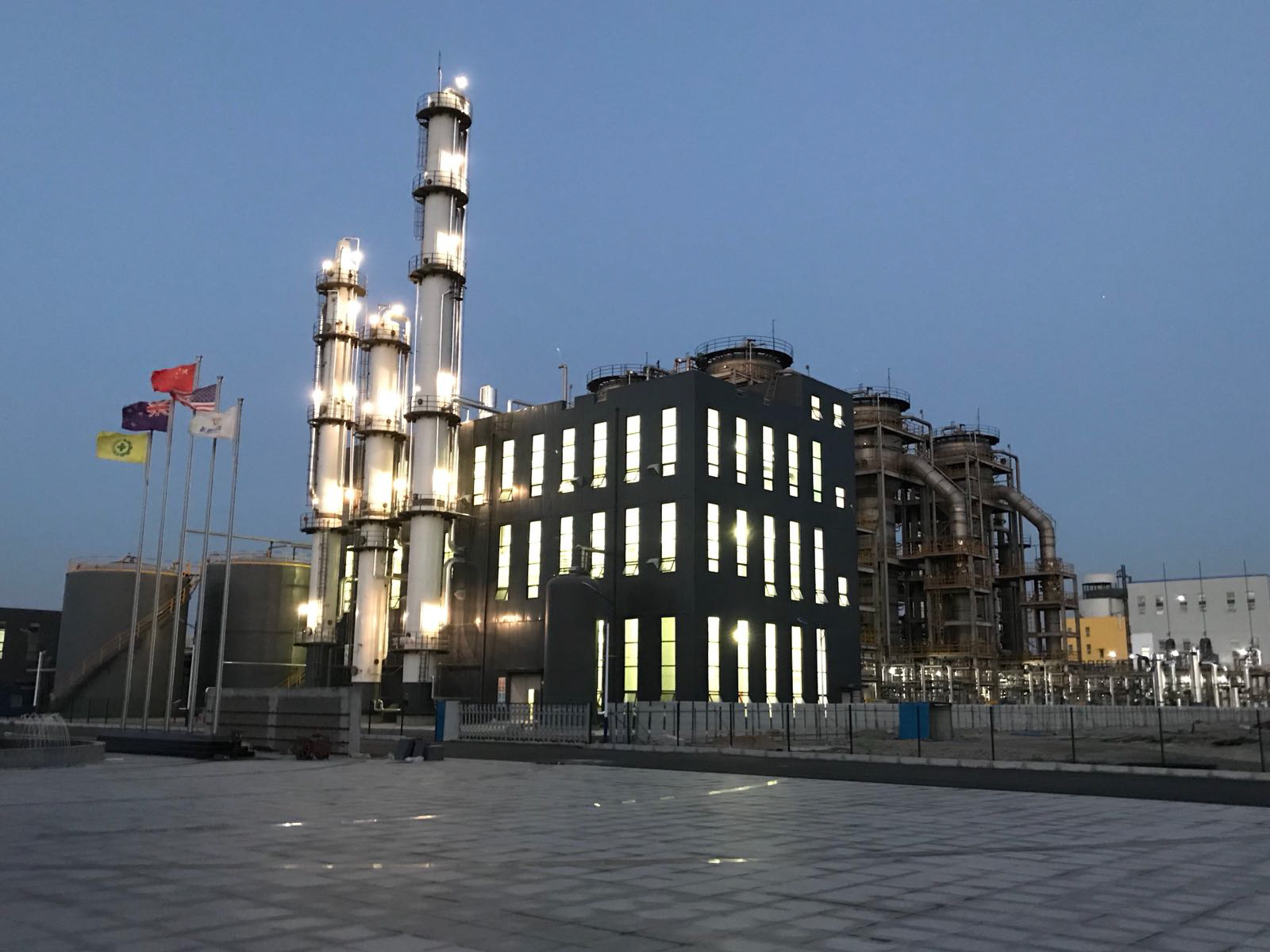
Off-gases to n-octnaol
Submitted by:
Andrew Warmington
BASF and Chicago-based carbon recycling technology firm LanzaTech have announced a key “first success” in a project to turn the carbon from industrial off-gases into high-value chemicals. They have made n-octanol, which is used in cosmetics among other applications, from CO and hydrogen at laboratory scale.
Using a biological process originally developed by Professor Ramon Gonzalez of the University of South Florida, it and BASF developed a suitable strain of bacteria to turn them into n-octanol by means of gas fermentation. The joint team of biologists, biochemists and engineers also developed a concept for continuous product generation and purification, all within the space of a few months.
“One advantage of this process is that the microorganisms are not particular about the composition of the exhaust gas, as they are able to utilise varying ratios of carbon monoxide, hydrogen and CO2,” BASF said. “The microorganisms are also tolerant to many different impurities, so there is no need for complex steps to purify the exhaust gas.”
In the next step, they will focus on optimising the biology and technology design to deliver an efficient production process. Other high-value chemicals are expected to follow. Via its BASF Venture Capital operation, BASF had made an unspecified investment in LanzaTech in 2019. LanzaTech technology had already been used to transform exhaust gas from steel production, which had previously been flared or recovered for energy, into ethanol at commercial scale.
